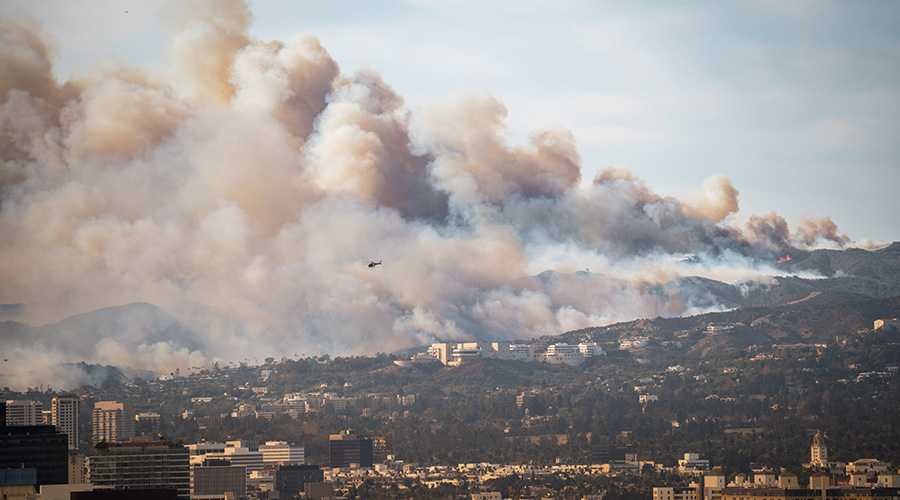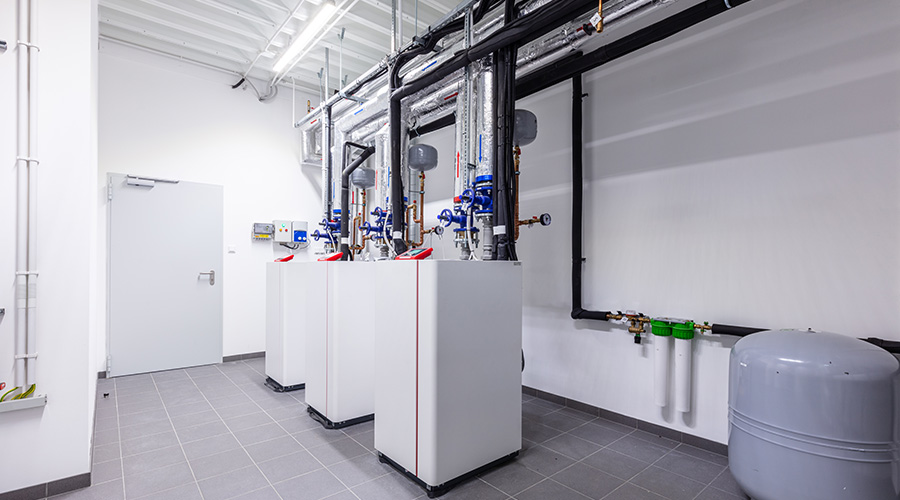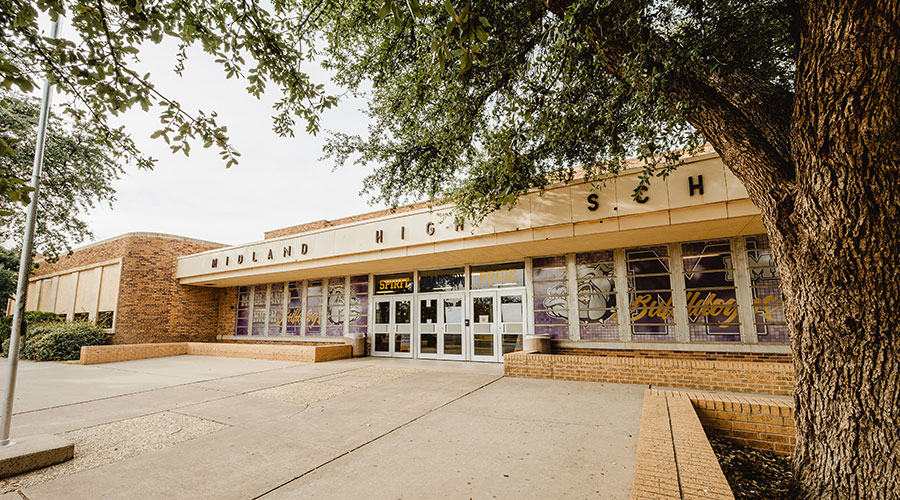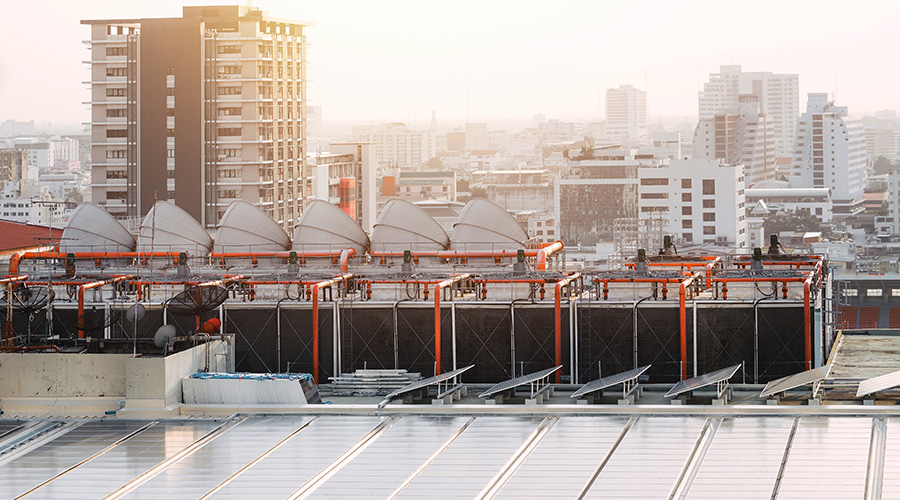Manufacturers, Community Colleges Offer Boiler Operator Training
Once in-house resources no longer can meet a department's training needs, managers have several options. First, they can look to local community colleges, which might offer training for boiler operators. Boiler and burner manufacturers also offer training specific to their products.
The American Boiler Manufacturers Association also offers self-study courses written specifically for boiler operators. With any of these outside options, managers need to get feedback from attendees regarding their effectiveness.
The International Union of Operating Engineers, the principal union for stationary engineers and boiler operators, also sponsors apprenticeship programs. In selecting apprentices, most local labor-management committees prefer applicants with a solid background in basic science.
An apprenticeship usually lasts four years and includes 8,000 hours of on-the-job training. Each apprentice also receives 600 hours of classroom instruction in subjects that include boiler design and operation, elementary physics, pneumatics, refrigeration, air-conditioning, electricity, and electronics.
Because boilers and water heaters are increasingly complex, more stationary engineers and boiler operators are enrolling in continuing education from vocational school or community colleges. In 2006, about one-half of the stationary engineers in the United States ages 25-44 had taken college coursework.
Related Topics:















